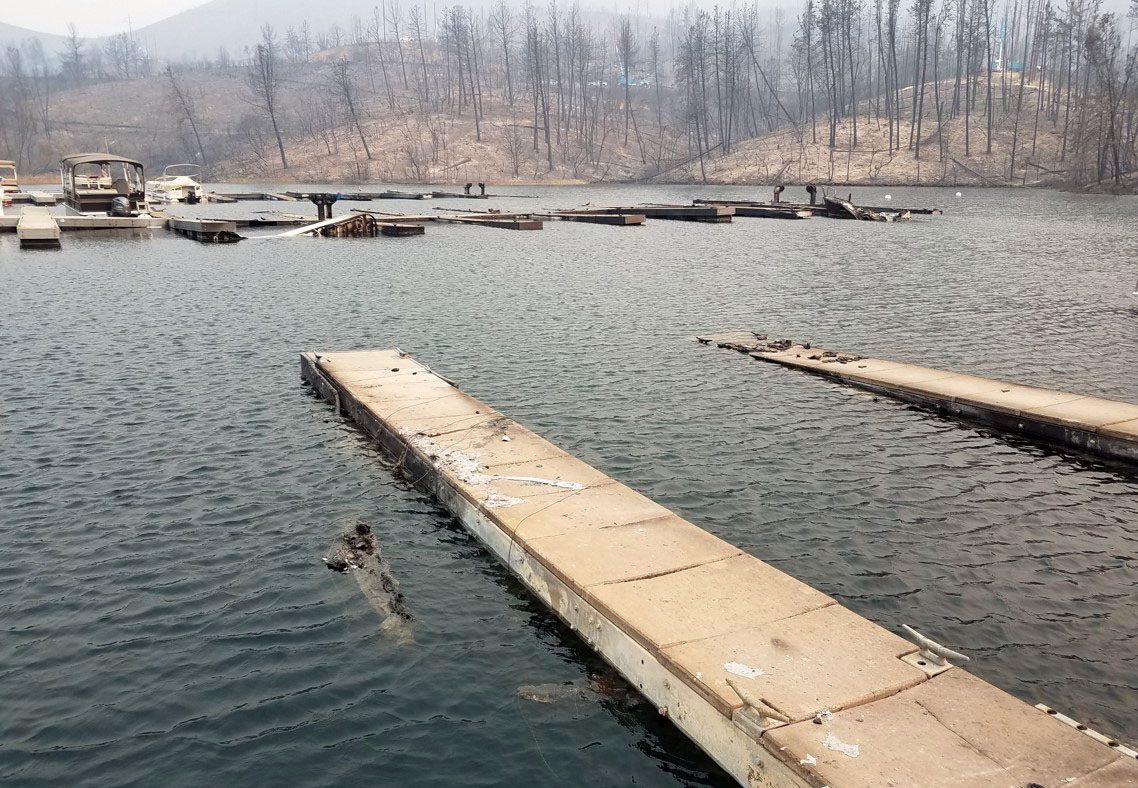The Resource Conservation and Recovery Act (RCRA) requires owners of hazardous waste treatment, storage or disposal facilities, landfills, and underground storage tanks (USTs) to provide evidence that they have the financial assurance to clean up any material from the facility that causes environmental damage and to compensate victims for Bodily Injury and Property Damage. Most of these owners provide this assurance by purchasing insurance to cover the costs of a pollution event.
Insurance Coverage
There are many different types of insurance policies available and most of these policies provide coverage for a specific loss. In addition to pollution insurance, other examples of insurance coverages include product liability, property damage, vehicle damage, and business interruption insurance just to name a few. Many industrial facilities have multiple insurance policies that apply to different specific events.
Pollution Claim Costs
Whether a pollution event is associated with a lightning strike, wildfire, burst pipe, or leaking UST, it is important that costs incurred as a result of a pollution event are applied to the appropriate insurance policy. In order to accurately do this, it is important to define the pollution event, determine the appropriate remediation activity, and identify any costs that may be applicable to other insurance policies or that may be the responsibility of other responsible parties.
For example, if a wildfire or lightning strike destroys a building, this is not in of itself considered a pollution event and the associated costs should not be applied to pollution insurance. However, if the wildfire or lightning strike damages a UST that contains a contaminant and results in a release of the USTs contents, that is a pollution event and the costs associated with remediation of the released contaminant should be applied to the pollution insurance.
On the other hand, just because there is a pollution event, doesn’t mean that all remediation costs should be applied to the pollution policy. Using the last example, if a wildfire destroyed a building on top of a UST which contained a pollutant, costs associated with cleaning up the remnants of the building should not be applied to the pollution policy even if cleaning the building remnants must take place in order to remediate the pollution event. This is because cleaning the building remnants would have to occur regardless of the pollution event.
Assessing and Assigning the Costs
It is a complicated subject and it is important to have as much information as possible. In order to make an informed determination, it is important to ask the following questions:
- Are the costs associated with the pollution event?
- Are the costs associated with investigation or remediation?
- What is the regulatory agency requiring?
- Was an activity necessary to facilitate remediation?
- Could the cost be applied to a different policy?
- If there was no pollution event, would the activities be required?
A thorough review of costs reduces the chance of applying costs to multiple policies, helps ensure that activities being billed are necessary, that costs applied to insurance policies are reasonable, and that one (1) liable party does not shoulder a disproportionate amount of the financial burden.
How Can VERTEX Help?
VERTEX has a team of environmental professionals that have the expertise to opine on the cause, origin, and timing of releases, determine the necessary response activities, the extent of the impacts, identify any potentially responsible parties, determine the appropriate remedial efforts and regulatory reporting necessary to correct the environmental condition, and experience to evaluate costs for reasonableness. We have a proven record of negotiating with contractors to ensure that remedial jobs are completed efficiently and achieve regulatory closure. Our strategic nationwide locations allow us to mobilize on behalf of our clients to identify and mitigate challenges associated with pollution claims.
To learn more about VERTEX’s Environmental Claims Consulting services or to speak with an Environmental Claims Expert, call 888.298.5162 or submit an inquiry.




